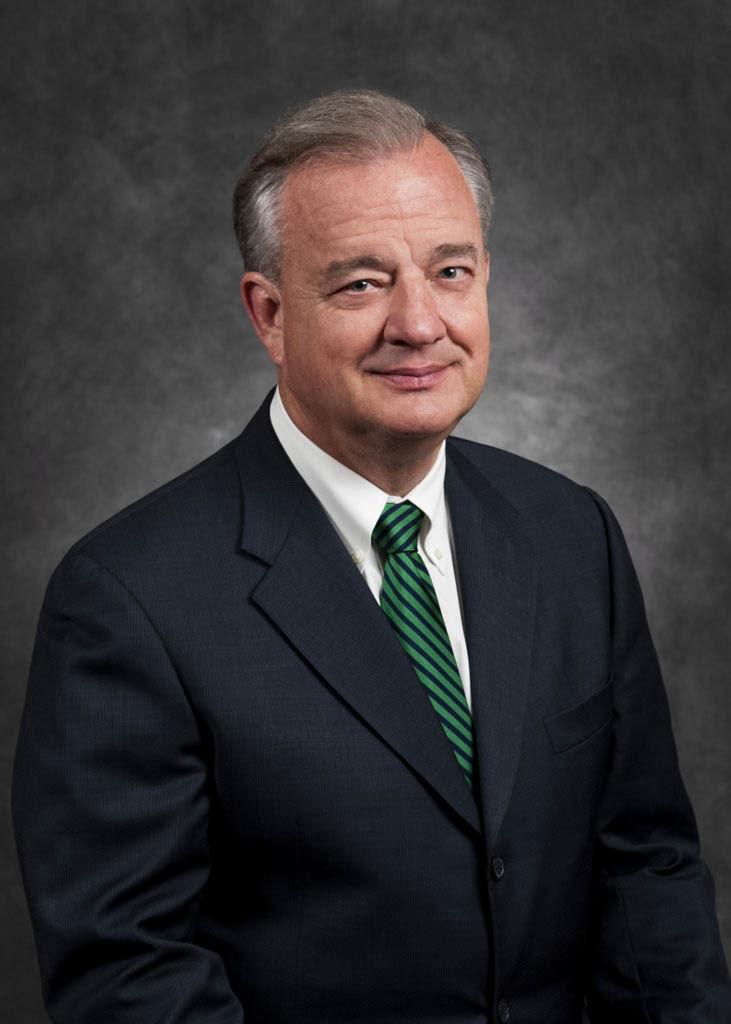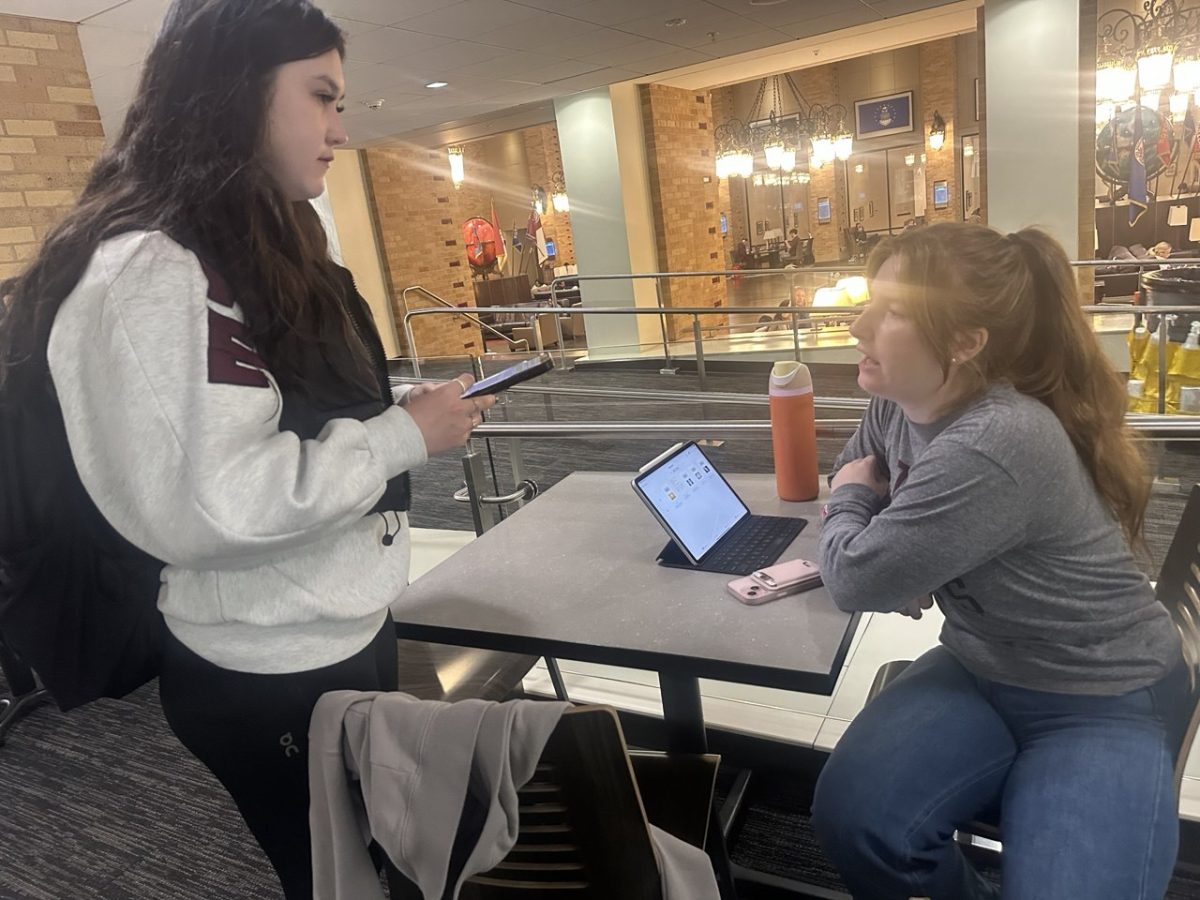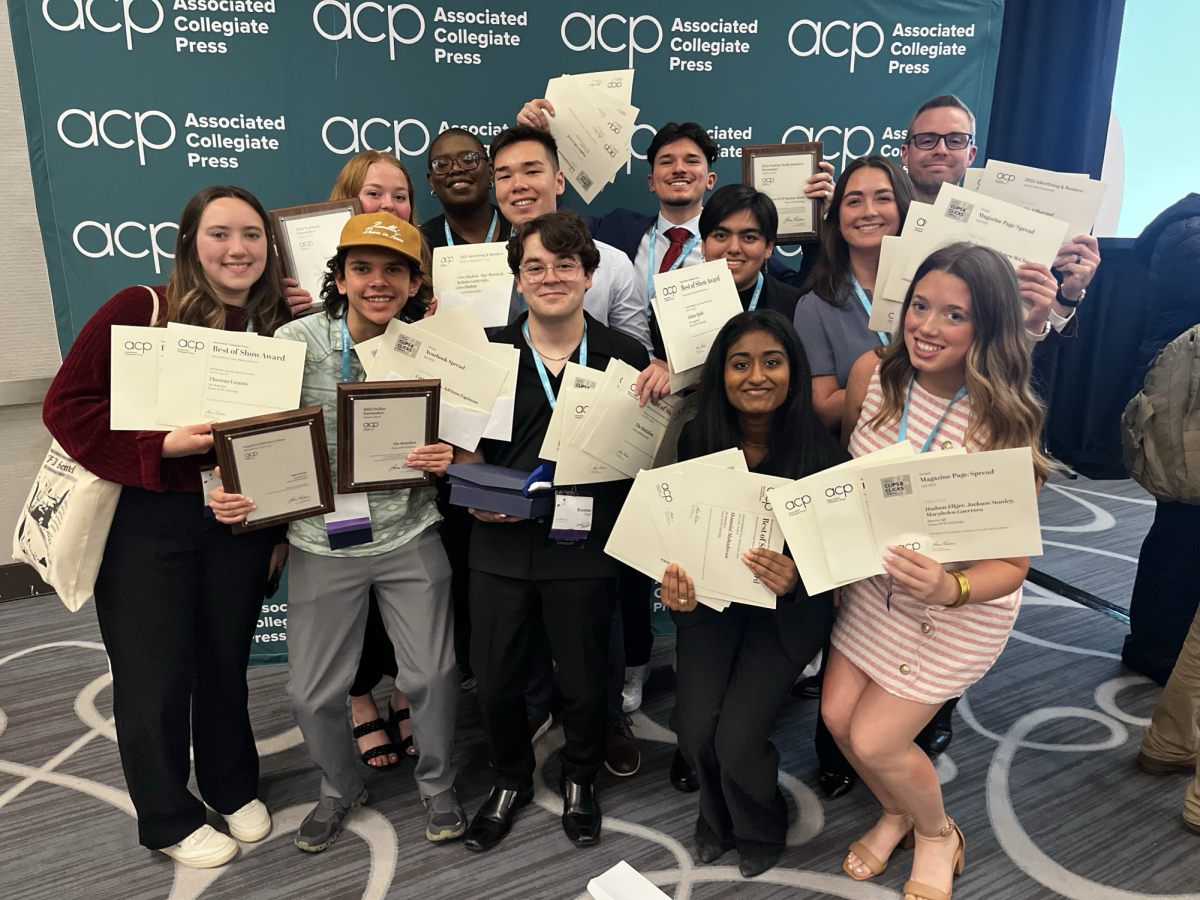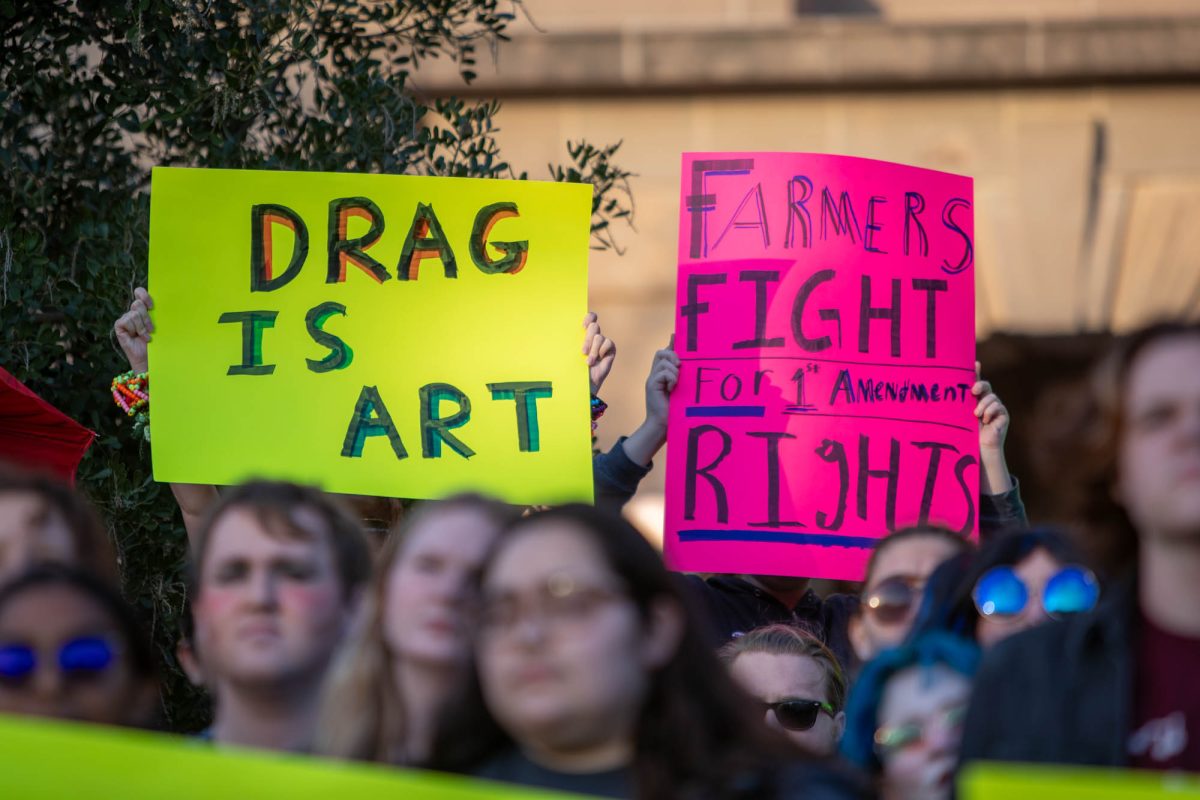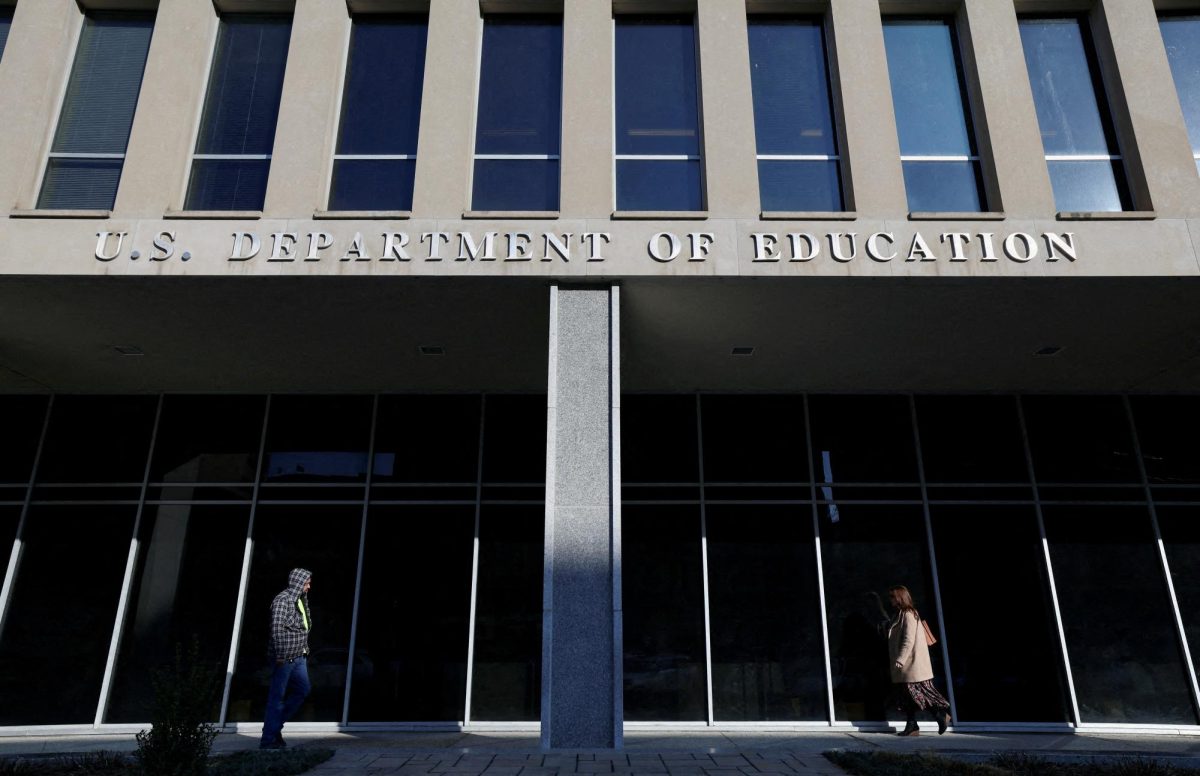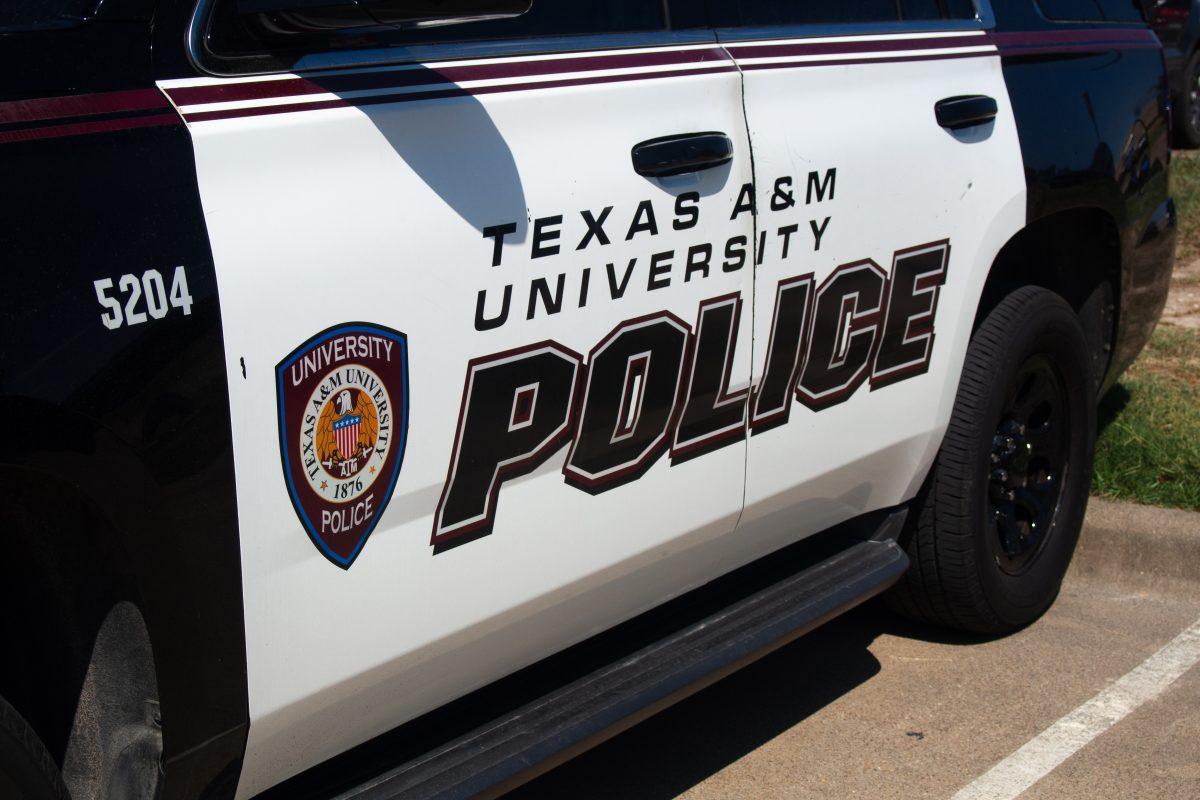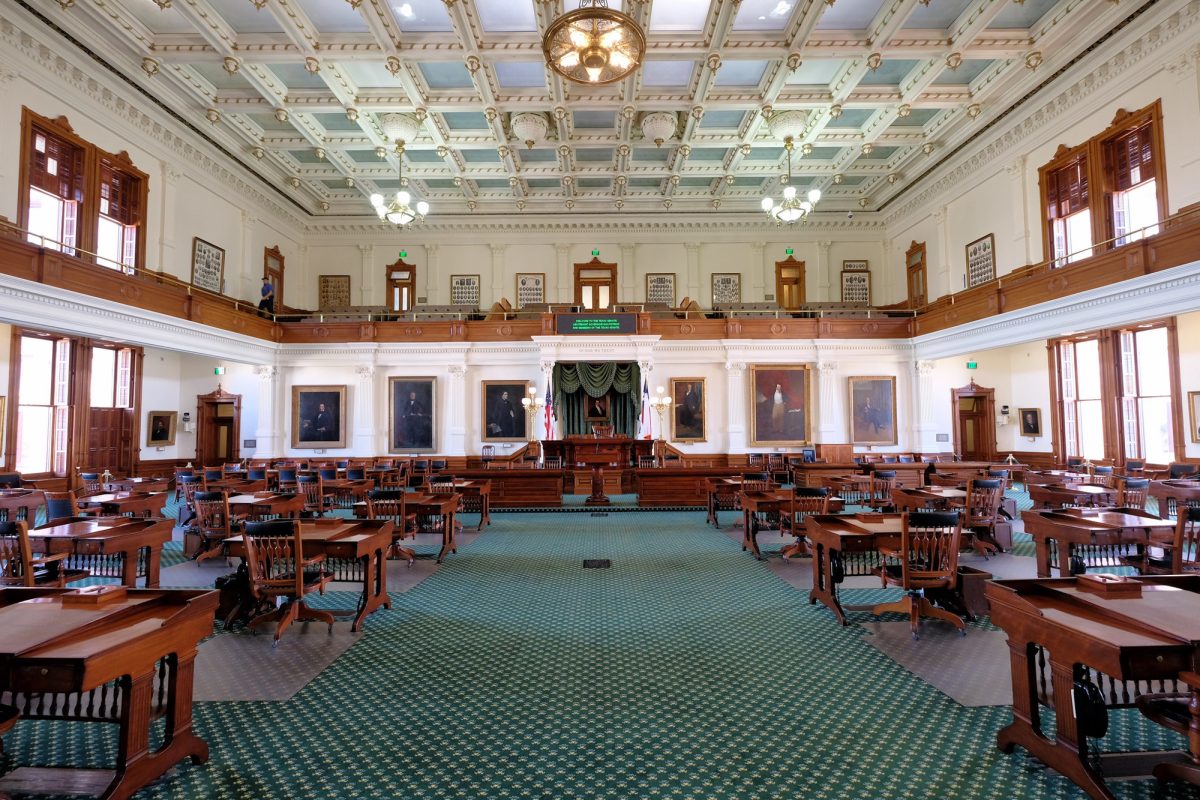Wednesday morning, Texas A&M Chancellor John Sharp was the latest guest featured in The Texas Tribune’s on-going virtual series, “Coronavirus in Texas.”
Over 600 viewers tuned into the live-stream discussion conducted by the Tribune’s higher education reporter Shannon Najmabadi, who asked Sharp about how the current outbreak of the coronavirus has affected higher education.
Across the 11 schools in the A&M system, Sharp said about 5,400 students remain on their respective campuses. For some of these students during the new online transition, the resources campus offers are too vital to let go, as they risk returning home to rural areas that do not have dependable internet connection, Sharp said.
Those with strong resources have taken the opportunity to move back home. Sharp said refunding students who have requested emergency cancellations of their dining plans and on-campus housing contracts cost the university $48 million, with an additional $33 million in lost revenue from parking passes, transportation services and athletics fees.
Sharp said assistance from the state will combat financial woes.
“The state of Texas, in the Care Act that was passed by congress, got about $1 billion, plus about $300 million for the Governor’s fund,” Sharp said. “Of that $1 billion for higher education, the Texas A&M system we anticipate will get about $110 million, about half of that will go directly to the students, particularly campuses with high pell grant students. The other half will go into universities themselves.”
The university system also intends to pull from a reserve fund formed several years prior, when Aggies were faced with another economic crisis .
“When Hurricane Harvey hit, [we] put in a provision called Regent’s Grants because there were a lot of students that lost their cars, lost their clothes and a whole bunch of things like that,” Sharp said. “We’re drawing on that 10 million dollars that we put into that fund for students all over the system, as well to make sure if their parents lost a job working in a restaurant, something like that or wherever, they have the ability to meet basic needs in order to continue their education and things like that”
Despite financial loss, Sharp said he applauds what the university system has accomplished in short notice.
“In eight days, Texas A&M, for instance, put 58,000 students online and almost flawlessly,” Sharp said. “I mean it’s absolutely amazing what has happened here, and that’s not gonna go away after this coronavirus pandemic has ended. It’s still gonna be there, particularly [for] large freshman classes that may have 300 kids in the class or something like that. I can make you the argument that it’s more personal, more upfront and personal, online than it is sitting at the back of a big classroom like that.”
As a form of academia that has been stigmatized for the last 10 years, Sharp said an online platform for more courses may be possible with success in this quarter.
“It will change how education is delivered for the better in many of the classrooms,” Sharp said.
Certain campus lab research, however, has still been conducted during the shelter-in-place. Sharp said in-person research has only been approved for crucial studies, and all participants involved still adhere to CDC guidelines.
“When a lab is open it follows all the social distancing [guidelines], including in the dormitories and including wherever students are,” Sharp said. “Anytime they’re on this campus they have to follow certain protocols with regard to social distancing and all of the things the health professionals have told them to follow.”
In regard to campus safety, Sharp said the university system has taken the utmost consideration for those still on A&M grounds.
Precautions involve regular disinfecting of dormitories and open buildings, and providing 2,000 coronavirus testing kits from the Texas veterinary medical diagnostics lab to faculty and students in the area.
“We’re doing everything we can to make sure everyone that participates in this feels comfortable in the surroundings, and that we follow the social distancing protocols and make sure that they don’t contact it.”
Chancellor Sharp provides update on online success, financial situation
April 8, 2020
Photo by Creative Commons
Chancellor John Sharp
0
Donate to The Battalion
$1965
$5000
Contributed
Our Goal
Your donation will support the student journalists of Texas A&M University - College Station. Your contribution will allow us to purchase equipment and cover our annual website hosting costs, in addition to paying freelance staffers for their work, travel costs for coverage and more!
More to Discover




